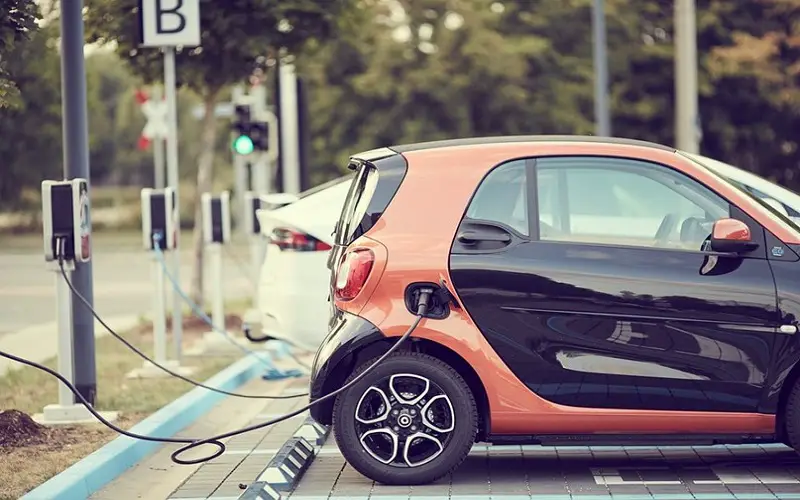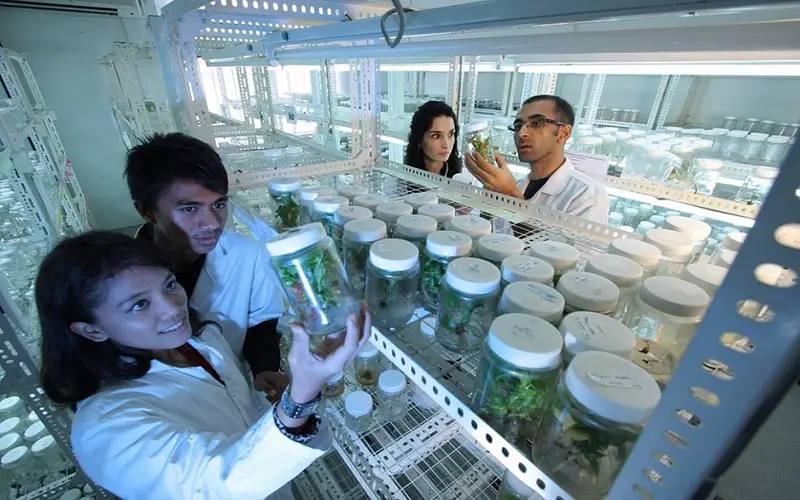Green technologies occupy a decisive place in the progress of mankind, but today our planet is in danger. Therefore, people are struggling with deforestation, ocean acidification, and global climate change, to name a few.
Yes, the global impact on the environment is increasing. However, can we do something to help, and will technological innovation save the planet? As the climate crisis continues, scientists and engineers are working together to come up with actionable solutions. Below, take a look at some of the innovations that can help solve environmental problems and make our lives more sustainable.
Electric vehicles
According to statistics, over 1.5 billion motor vehicles are in use in the world today. The wide availability of automobiles has brought them into all areas of our lives.
Indeed, today you can easily pick up, for example, a 9 seater hire Edinburgh for your road trip. Yes – it’s convenient, and yes – it’s cheap to hire a car in Edinburgh. However, have you ever wondered how much emissions such a 9 seater hire produces?
A typical passenger car emits about 4.6 metric tons of CO2 per year, which is a big environmental impact. That is why electric vehicles play an important role in maintaining an ecological approach. EVs help reduce your carbon footprint and dependence on petroleum products. As a result, it will bring our green future closer.
Renewable energy sources
Renewable energy sources are relatively constant or cyclic energy flows associated with the existence of the universe, the solar system, and our planet. The reserves of oil, gas, and uranium are not endless. Applying these natural resources aggravates the environment and threatens all life on Earth. Unlike carbohydrate and nuclear deposits, alternative energy is almost endless and safe to use. Renewable energy sources include:
- Water energy (river flow, waves, tides)
- Geo- and hydrothermal sources
- Sunlight
- Wind
The introduction of new technologies in the field of solar panels, wind turbines, and hydroelectric power plants can improve the efficiency and economic benefits of using renewable energy sources. Ultimately, this has a beneficial effect on our planet in the long run.

Bio-jet fuel
Norway became the first country to introduce biofuel in its airline. The first such flights were launched at the end of 2021 but a year later they were increased by 20 times. The fuel tanks of such airliners contain natural biofuel, which dilutes standard fuel by half. Even half dilution can reduce harmful emissions by ten times, which makes it possible for the aviation industry to develop toward green transportation.
At the next stage, the company planned to use 100% biofuel, and now aircraft manufacturers are already working on creating such structures. They say that a full transition to natural fossil fuels won’t affect the flight’s speed and altitude but can reduce the cost of tickets. This is because biofuels come from agro-industrial waste and wood processing industries, and don’t require complex or costly technology.
Eco shoes
One of the ways to become a responsible consumer is to think about what you wear. Global clothing and footwear brands are increasingly taking care of corporate social responsibility and are trying to contribute to the environment.
So, Adidas is partnering with Parley for the Oceans, an organisation that saves the ocean from pollution. The brand’s collections include sneakers made of plastic collected on the coast. First, the garbage turns into fibres. Then, they form the fabric that becomes the basis for the upper part of the shoe. By the same principle, Adidas creates eco-friendly swimwear and sports t-shirts.
By the way, some brands go even further in eco-materials. For example, Osklen produces shoes from the remains of salmon leather, Matt & Nat applies old bicycle tires for soles, and Bourgeois Boheme reinforces heels with ground limestone.
Agricultural innovation
Since agriculture is one of the main polluters of our planet, the application of innovations in this industry also promises great environmental benefits. Robotic vegetable farms are one of the promising technologies in this area.
According to research, the innovation makes it possible to grow up to 50,000 heads of lettuce daily. At the same time, working in a closed environment and LED lighting used in production reduces energy consumption by 30% and requires 30% less water. Plus, the process doesn’t require pesticides or other chemicals. A secondary advantage of this technology is the saving of land since the growth process takes place on vertical shelves. Therefore, island countries such as Japan can use this to allocate farming space more efficiently.
Biotechnology makes it possible to produce organic, lab-grown meat as well. To grow meat in the laboratory, scientists use bioreactors and stem cells – such meat doesn’t require growing and killing animals. Animals in the meat industry consume 30% of the world’s grain supply, occupy 25% of the land, and are a major source of pollution.

Biodegradable packaging
The overabundance of plastic in the environment is one of the most exciting issues for the future of our planet. The average decomposition time of plastic products created using different technologies ranges from 400 to 700 years, which makes it necessary to look for new alternative materials, especially for packaging.
Environmentally friendly packaging, such as biodegradable packaging and recycled paper packaging, can help reduce waste and pollution. New packaging technologies, including the use of bioplastics and recycling, can improve the efficiency and environmental benefits of sustainable packaging.
Overall, tech innovation can help solve environmental problems and make our lives more sustainable. Developing new technologies and methods can help reduce carbon emissions, reduce pollution, and improve resource efficiency. Everyone can contribute to the fight for the preservation of the environment and the use of ecological innovations!




